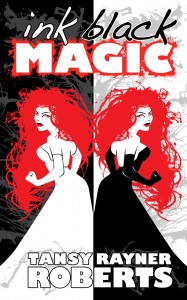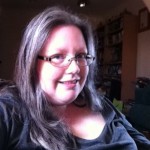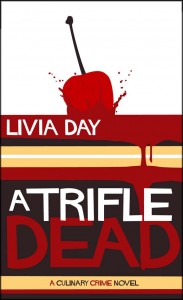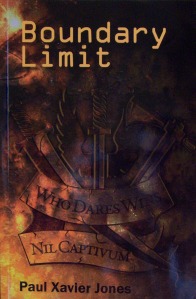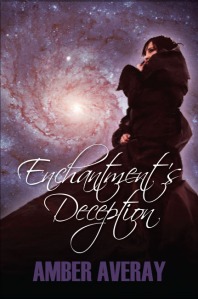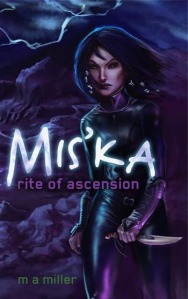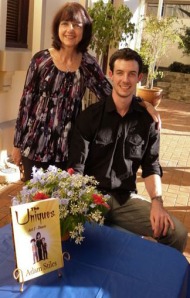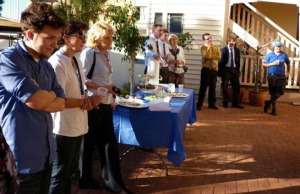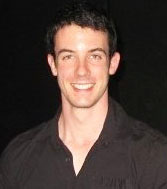It was on Twitter where I first heard the terms ‘fold-ins’ and ‘cut-ups’ – a method of working used by William S. Burroughs.
I was intrigued. Actually, I was desperate. Bored by my own work, it’d become difficult to motivate myself to sit down and work on stories I’d already started. (New work was fine! I’m one of those writers who finds it hard to finish things.)
After a spot of Google research, I found a few brief descriptions of the technique used by Burroughs. Although the technique seemed better suited for poetry, I decided to give it a go with prose.
Before I explain how to use cut-ups and fold-ins in your own work, following are a few words of advice about using the technique in your prose fiction.
When to use fold-ins and cut-ups
Are your writing workshop friends saying your story is over-edited? Has your vocabulary become tired and unadventurous? If you’ve received feedback that your story is lacking in ideas or interest, this technique may be for you.
WARNING! Be prepared for the unexpected! Your carefully crafted sentences will be reduced to gibberish. However you can always revert to your backed-up original.
When not to use cut-ups and fold-ins
Conversely, if you’re not comfortable with the utterly unpredictable nature of what will happen to your writing after using cut-ups, I’d suggest avoiding them as a writing technique.
You may be the sort of writer who carefully crafts stories and is unwilling to relinquish control to the vagaries of randomness. Not that there’s anything wrong with that! We’re all different, and not all writing techniques are for everyone.
How to generate cut-ups and fold-ins
1. Choose one or two pages of your own work. In the case of a work-in-progress, preferably a portion that is vaguely coherent. Open the story in your word processor of choice. Copy and paste this section of your story into a new document and close the old one.
2. Select all of your story portion and format it using a generous line height, for example 1.5 or double line spacing. Make sure the font and font size is easy to read. Print off the resulting pages.
3. Now you need to find another story portion to fold in with your story. I suggest looking for a story that contains some element you’d like to emulate. Maybe you feel your story would benefit from more action? In that case, look for a story that that draws momentum from action. If your dialogue sounds inauthentic, choose a story containing lots of interesting dialogue. You can focus on any element of storytelling: vocabulary, dialogue, tone, pacing or description.
I’m also going to suggest choosing a story portion written in the same genre as your story – unless there’s some other aspect of the other story you’d like to build in to your story.
Here’s some suggested pairings:
-
Your historical murder mystery with Charles Dickens’ Great Expectations
Your post-modern urban crime story with a pulpy crime story from the 1950s
Your science fiction story paired with an HG Wells’ classic
It’s preferable that your ‘fold-in’ story is in digital format, not a print copy. There are thousands of public domain stories, freely available, online. Project Gutenberg is a good place to start.
4. Once you’ve chosen a fold-in story, select one or two pages of the text and copy it to a blank document in your word processing program.
Format the story portion in exactly the same way as your first portion: same line height, font and font size. Print out the pages. For your first attempt, I suggest starting with one page from each story.
5. Fold each of the printed pages into four quarters. Using scissors, cut each page into four along the fold marks.
6. Shuffle the resulting small (A6) pages around on your desk. Sift through the pages, choose two of the small pages and place them side by side so that the sentences are aligned.
At this stage, you will probably begin to see interesting phrases you can use. You can choose random pairings, or pair the mini pages based on intriguing fragments that emerge.
7. Using sticky tape, stick the new, aligned mini pages together. You should have four new horizontal sheets.
8. Select one of the new sheets and type up the new sentences that have formed. You will need to alter grammatical elements such as pronouns and verb tenses. Insert prepositions if needed to give meaning to the new sentences.
9. Put your first new page aside and type up the other pages.
10. Print off the resulting pages. Find a comfortable spot and read your new pages. You may have generated sentences that almost make sense, or you may find a few interesting phrases or sentence fragments. Highlight the bits you like, put each page aside and move onto the next one.
It’s important that you don’t worry too much about the whole. Although you can use the resulting piece as the basis for a whole new story, you can also cherry-pick phrases, fragments and sentences you like and use them in your original story. If you’ve ended up with a particularly intriguing phrase, think about how you could alter your story so that the phrase makes sense.
For example, for a science fiction story I am working on, I ended up with the phrase, ‘the smell of white’. I wondered how white could have a smell. I brainstormed this idea and ended up with two ideas I then incorporated into my story: the smell of chalk, the smell of a hygienically-clean hospital room.
I like to think of fold-ins and cut-ups as a way of playing with words. If you are open to the possibilities, at the very least you will end up with an injection of new vocabulary! You may also have generated new ideas for the direction of your story.
Have you tried cut-ups and fold-ins before? Do you have any unusual ways to bring life to your stories? Share your results using the comments form!
Links
William S. Burroughs and his philosophy behind cut-ups and fold-ins
More about how to do cut-ups.
Related posts
Tips for young writers: How to make your story more interesting by Marianne Musgrove
Tips for young writers: Write in character by Teena Raffa-Mulligan

